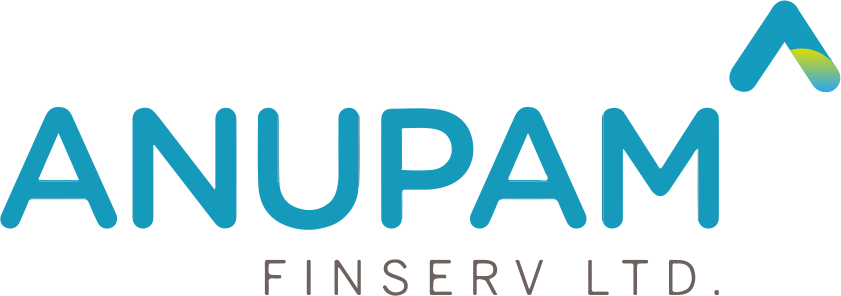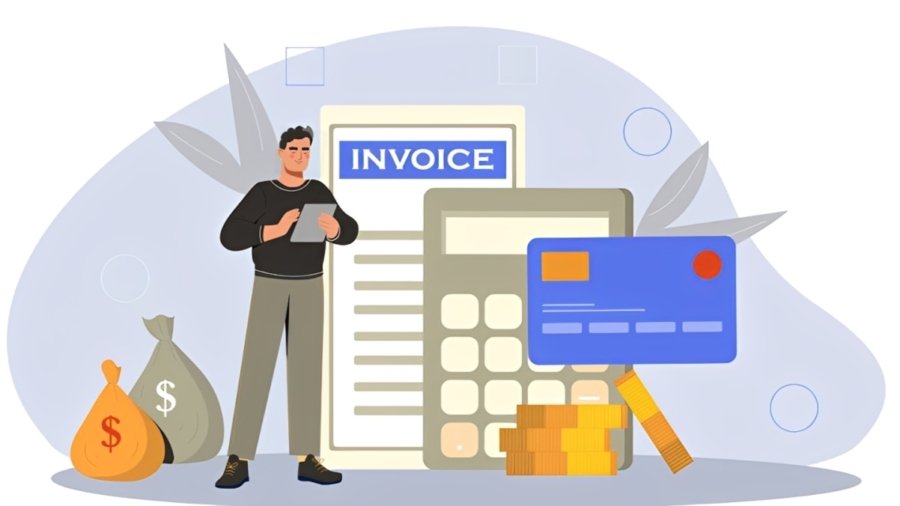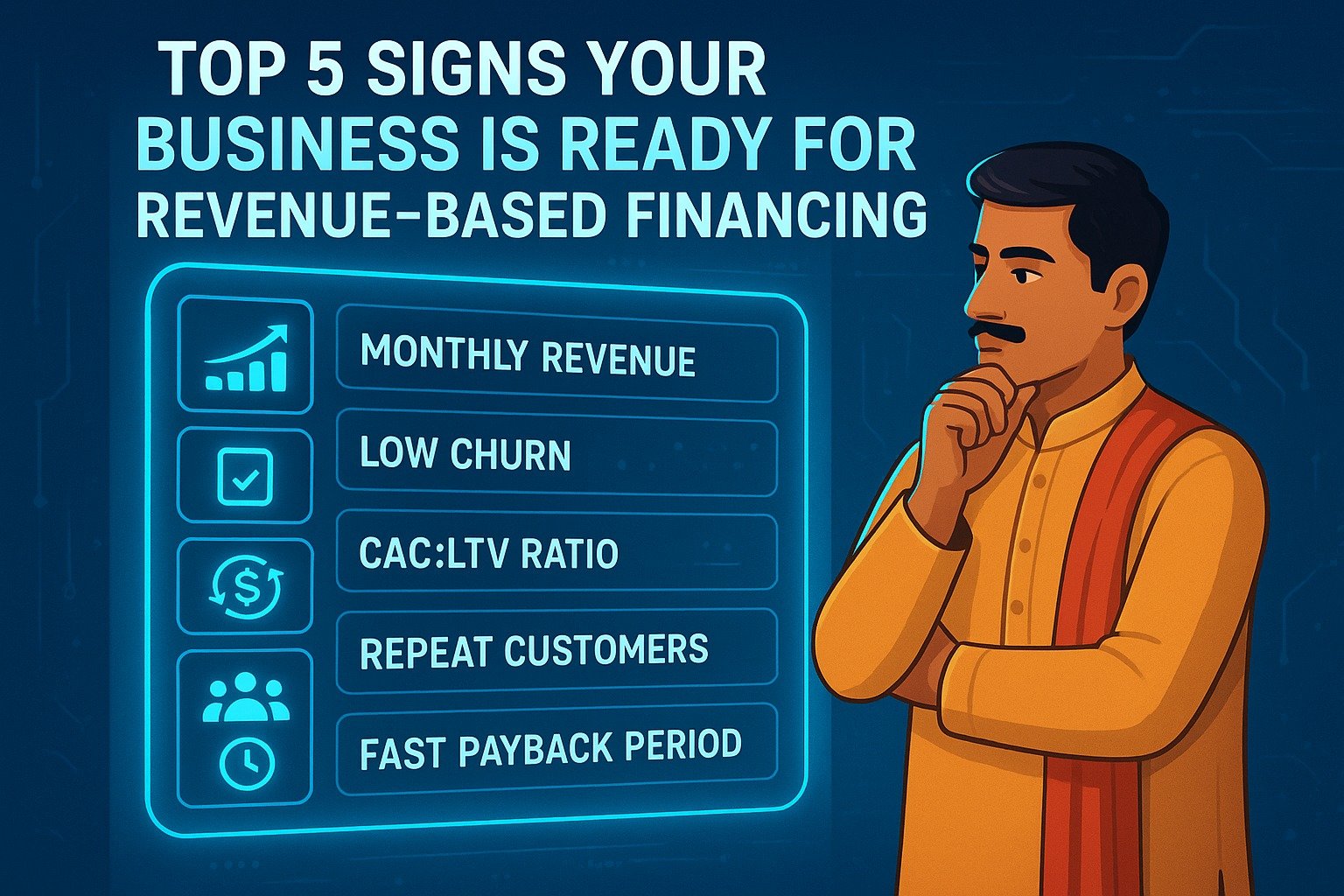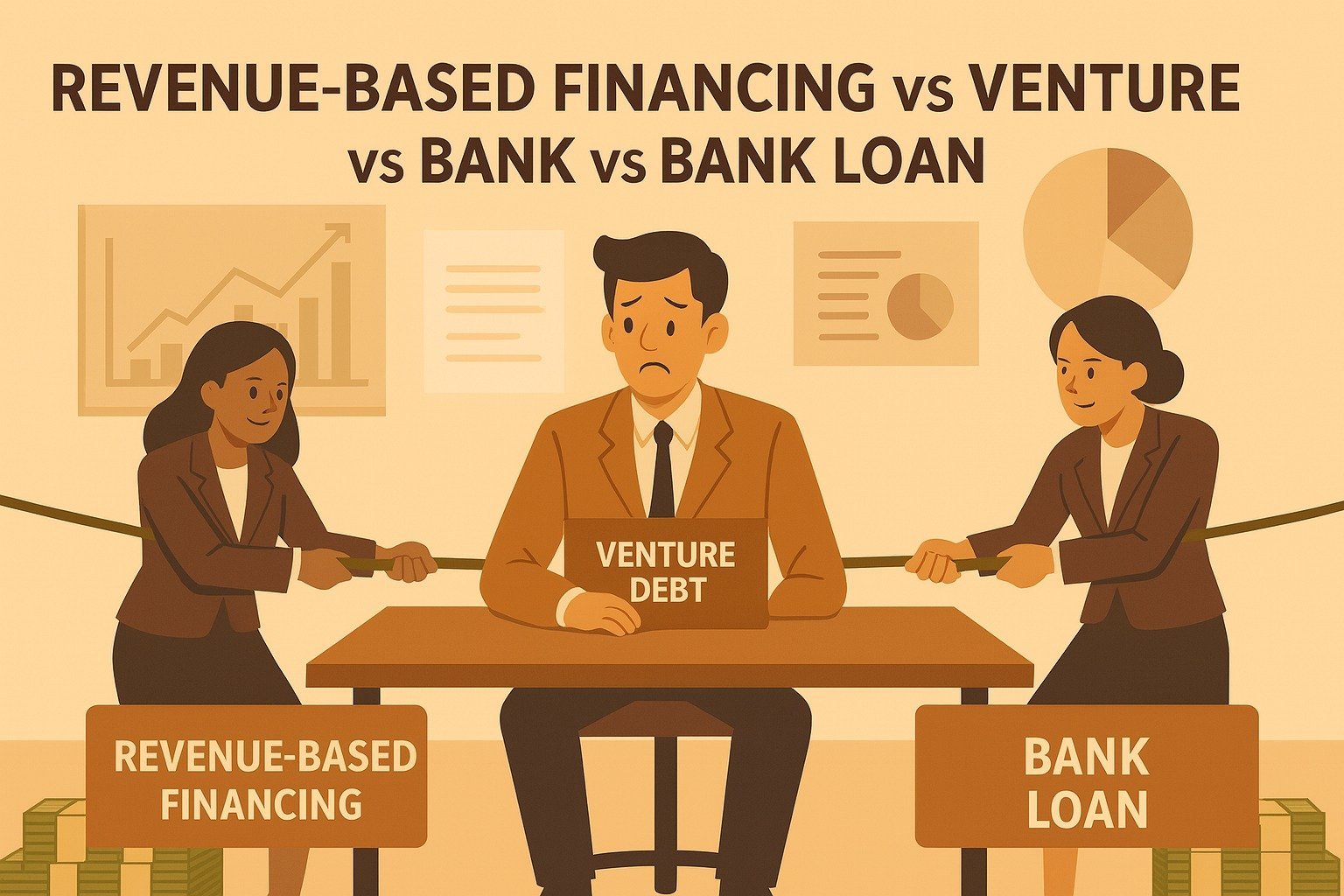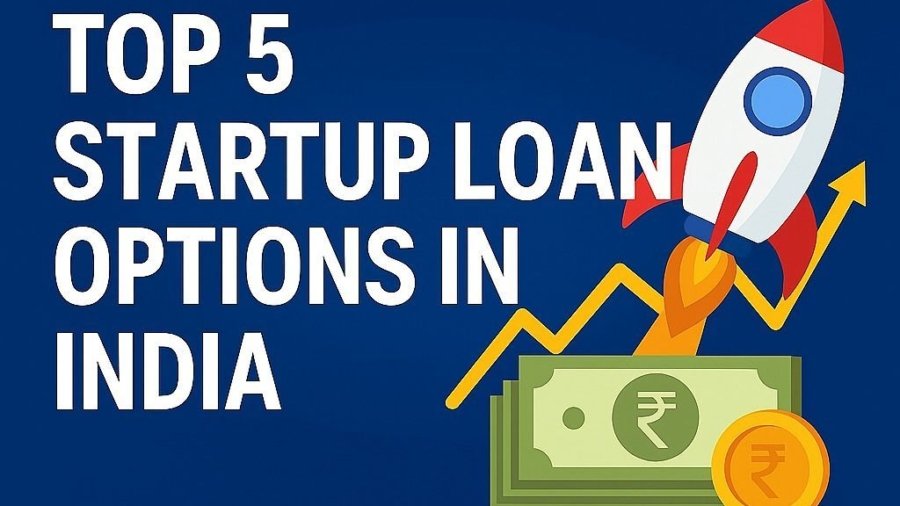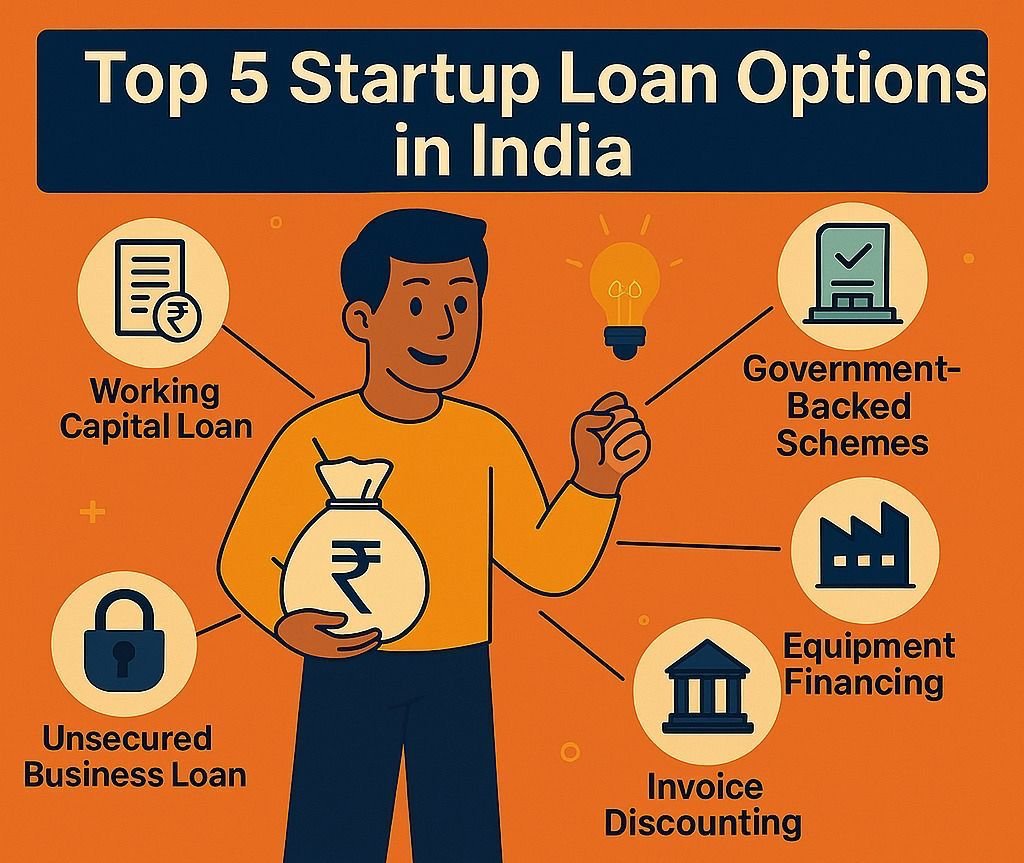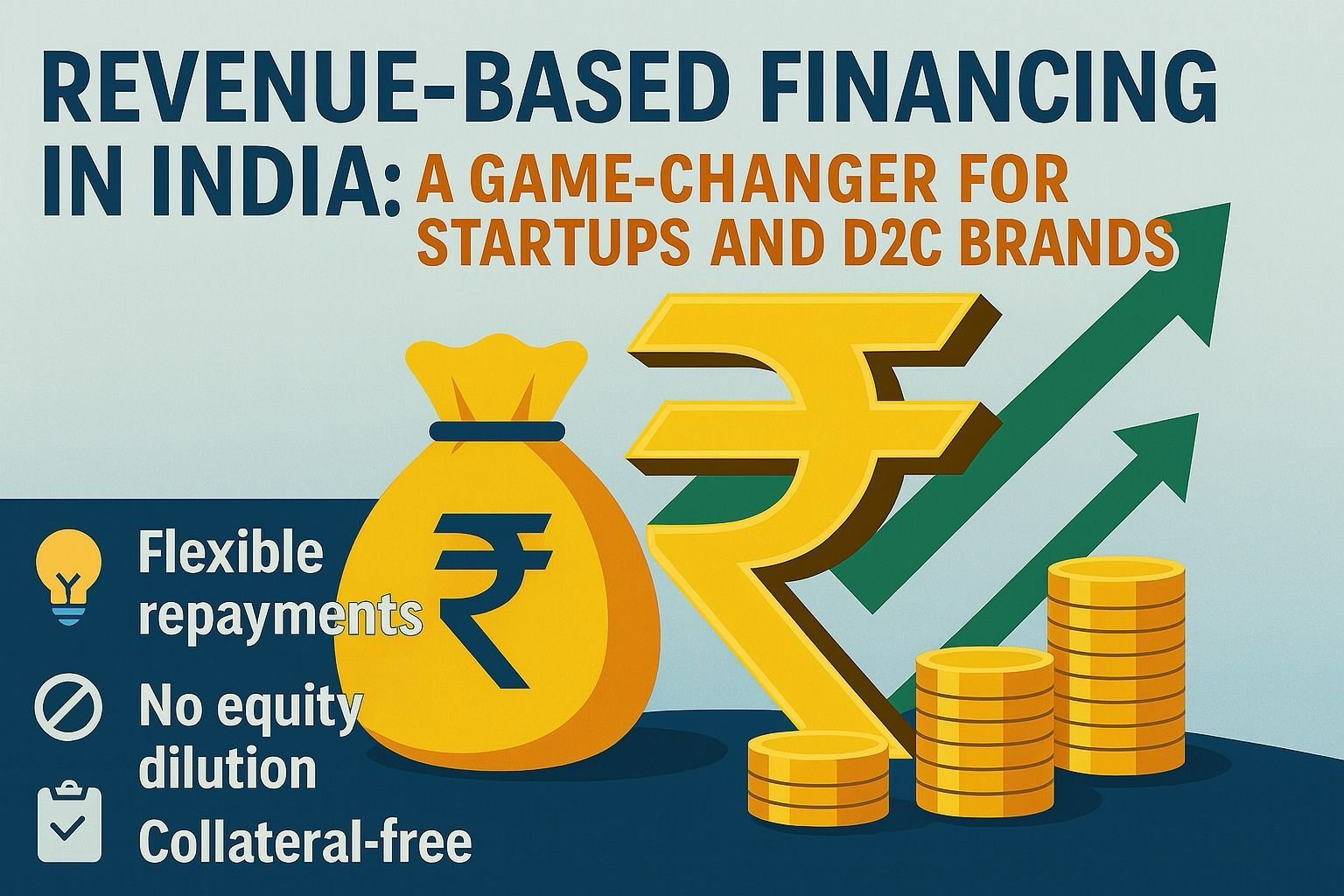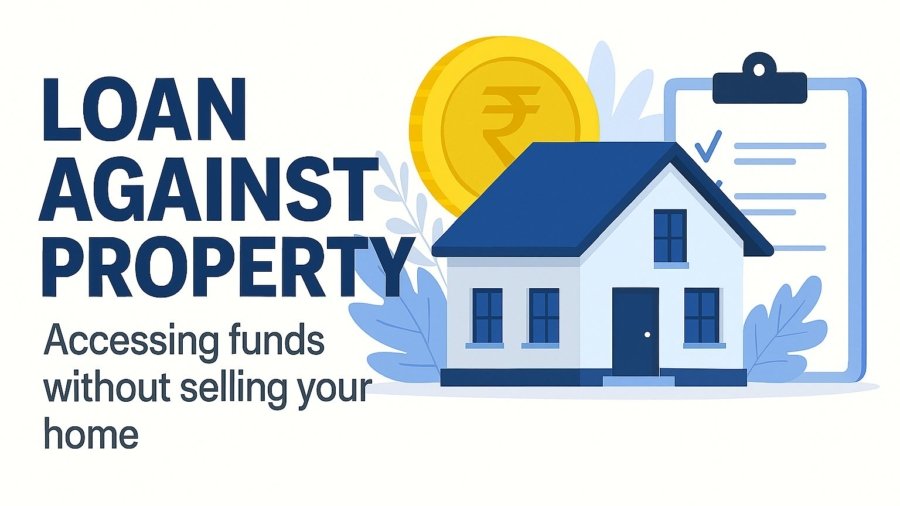Managing cash flow is a major issue that businesses put up with in particular small and medium sized enterprises. Waiting 30, 60, or even 90 days for clients to settle invoices can put a serious strain on operations. That is when invoice discounting comes in like a financial savior. Whether you’re a growing startup or an established business,what you need to know is how this smart finance option works which in fact opens the door to working capital at exactly the time you need it most.
In this blog we cover all that you need to know about invoice discounting, what it does, the different types, benefits and why a platform like Anupam Finserv can be your best partner in solving cash flow headaches.
What is Invoice Discounting?

Invoice discounting is a financial solution in which a business uses its unpaid invoices to raise short-term funds. Instead of waiting for payment from customers, companies are able to sell their invoices at a discount to an invoice discounting platform which in turn pays up to 90% of the invoice value right away.
Think of it as an advance on money you’re already owed. The remaining amount (minus a small fee) is released once the customer clears the invoice. This allows companies to operate smoothly without going into new debt which would have diluted equity.
In simple terms:
Sell your invoice, get paid now. Improve your cash flow.
How Does Invoice Discounting Work?

Let us go through this process step by step:
1. You Raise an Invoice: You supply products or services to the customer and put out an invoice which includes a payment term of (for example 60 days).
2. Submit Invoice to a Platform: You send in the outstanding invoice to an invoice discounting platform like Anupam Finserv.
3. Get Upfront Cash: The platform verifies the invoice for you and advances you as much as 90% of its value.
4. Customer Pays: When finally you do receive payment in full for the invoice from your customer, the remaining balance (minus a service fee) is transferred to you.
It is that easy. You don’t have to wait for slow payments when you have the power to speed up your cash flow.
Benefits of Using Invoice Discounting
So why do some smart companies choose invoice discounting over traditional financing?
1. Instant Access to Working Capital:
No longer do you have to wait for clients to pay for what seems like an eternity. We provide you with instant access to funds for daily operations, paying salaries, or jumping on new opportunities.
2. Confidential Financing:
Unlike with factoring, in invoice discounting we keep it confidential between us. Your customers don’t have to know that you are using a financing platform..
3. No Collateral Required:
Your invoices are the collateral. Also you do not have to put up your machinery, office, or personal assets.
4. Supports Business Growth:
With improved cash flow you can put money into growth, expand your inventory, or take on bigger orders without financial issues.
5. Retain Customer Relationships:
As we don’t deal directly with our customers, you maintain control over your client relationships.
6. Flexible and Scalable:
It scales as your sales grow. The more invoices the better access to funds. Through the use of a trusted invoice discounting platform which is Anupam Finserv you are guaranteed competitive rates, minimal risk, and quick processing.
Different Types of Invoice Discounting
Based on what you are looking for in a business setting we have a variety of models to choose from:
1. Confidential Invoice Reduction:
This is the most common form where the customer is not aware of the discount. You handle collections and the relationship stays the same.
2. Disclosed Invoice Discounting:
In this approach the customer is aware of the sale of the invoice. Payment goes to the financier.
3. Selective Invoice Discounting:
Perfect for businesses which don’t wish to discount all invoices. Select which of your invoices you want to get financed.
4. Whole Turnover Discounting:
Here, all invoices are discounted. It is ideal for businesses that have a regular cash flow and high volume of invoices.
5. Reverse Invoice Discounting:
Also known as supply chain financing, which benefits the buyer. The buyer approves the invoices and the supplier gets early access to payment from a financier which in turn is repaid by the buyer.
Each type has its pro’s and con’s which is why Anupam Finserv can help you choose the plan that best fits your business structure and cash flow patterns.
Why Choose Anupam Finserv as Your Invoice Discounting Partner?
At Anupam Finserv we are not just a partner in your success, we are a growth enabler. Here’s why businesses trust us:
- Fast Processing & Easy Onboarding
- Multiple investors available at one platform
- Low Discounting Charges
- 100% Data Security & Confidentiality
- Transparent & Paperless Operations
We provide you with the service of turning unpaid invoices into cash easily. In manufacturing, trading or services our platform is at your service to have uninterrupted cash flow.

In today’s competitive environment which has grown more so with time, it’s not practical to wait for clients to pay, which may in turn cause a cash crunch. With invoice discounting, companies can access their funds easily, securely and also flexibly, which is a smart and fast alternative to traditional bank loans or credit lines.
Choosing an experienced invoice discounting platform as Anupam Finserv ensures that you’re backed by a partner that knows your financial requirements and which in turn enables you to grow with confidence.
FAQs
1. Is invoice discounting a loan?
No, invoice discounting isn’t a loan. It’s a method to receive early payment for your unpaid invoices. You aren’t taking out a loan, you’re getting access to what you’ve already earned.
2. Will my customers know I’m using invoice discounting?
Not necessarily. With confidential invoice discounting your customers are not aware and you continue to manage the relationship.
3. How quickly can I receive funds through invoice discounting?
Usually, it takes 24 to 72 hours for funds to be dispersed once the invoice is approved on platforms.
4. Which businesses can use invoice discounting?
Any company which issues invoices to credit worthy customers will benefit — in particular SMEs, manufacturers, traders, and service providers.
5. What is the smallest invoice amount for which we can get a discount?
Requirements may vary by platform, but at Anupam Finserv we present flexible options for small and large businesses.
6. How much of the invoice value can I get?
Usually, you can get between 80% to 90% of the invoice value upfront. The other balance is paid when the customer pays, minus fees.
